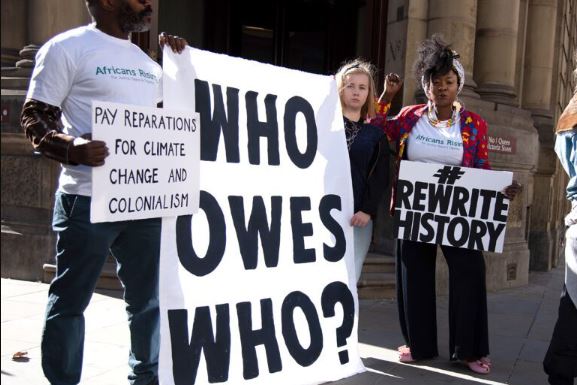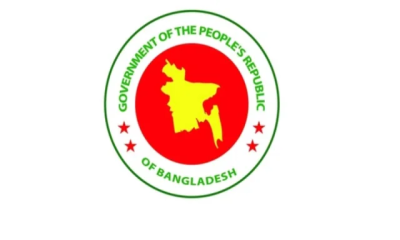Bangladesh is caught in a huge debt crisis, owing US$78.06 billion to foreign creditors.
However, there is a surprising twist to the story.
According to a new report by ActionAid, Bangladesh is also owed a staggering US$5.8 trillion in climate debt by the wealthiest, most polluting countries.
This new information, revealed in the Who Owes Who? report, highlights a growing imbalance between what low- and middle-income countries owe, and the reparations rich nations have yet to pay for the climate damage they have caused.
The report, which was released just ahead of the AU Heads of State Summit in Addis Ababa, shines a light on the severe financial challenges facing countries like Bangladesh.
While the nation struggles with its external debt, it is also deprived of much-needed resources to tackle climate change and provide basic services to its people.
In 2023, Bangladesh paid a total of US$4.77 billion towards its foreign debt.
However, the country`s debt repayments are taking a toll on vital sectors like health and education, where only 3.08% of national revenue went to health, and 11.73% was allocated to education in 2024.
Meanwhile, a shocking 16.9% of Bangladesh`s revenue is being directed to external debt repayments.
This is forcing the country to divert resources away from critical public services and climate action.
But the situation takes an even more alarming turn when we look at the climate debt owed by high-income countries.
ActionAid`s report shows that the global climate debt owed to low- and lower-middle-income countries is a jaw-dropping US$107 trillion – over 70 times greater than the total external debt these countries owe.
Bangladesh alone is owed US$5.8 trillion in climate reparations, based on estimates of historic and projected atmospheric appropriation since 1992.
If we consider mid-range estimates that go back to 1960, Bangladesh is owed even more – US$7.9 trillion.
Farah Kabir, Country Director for ActionAid Bangladesh, emphasized that Bangladesh’s situation is not just about financial debt.
She pointed out that the climate crisis is hitting the country hard, especially its women and girls.
"We have seen time and again how women are at the forefront of the climate crisis," Kabir said.
"The failure by the rich, polluting countries to pay their climate debt is standing in the way of mitigation and adaptation.”
The report also brings attention to the failure of wealthier countries to honor their climate finance commitments.
These countries continue to avoid paying the climate reparations owed, despite the devastating impact of climate change on vulnerable countries like Bangladesh.
To address this imbalance, the report calls for urgent action, urging global leaders to push for a new UN Framework Convention on Debt.
This framework would replace the outdated, colonial-era debt structures currently in place, which are dominated by institutions like the International Monetary Fund (IMF).
In addition, the report stresses the importance of debt cancellation, arguing that high-income countries should forgive the debts of low- and middle-income nations as part-payment of the climate reparations owed.
As Bangladesh, along with other developing nations, continues to bear the brunt of both external debt and the climate crisis, the report serves as a wake-up call. The need for a fair and just financial system that prioritizes climate reparations and debt cancellation has never been clearer.
In conclusion, the report highlights the pressing need for systemic change in global financial systems, offering a path forward that ensures a more sustainable and just future for countries like Bangladesh.















-20260303080739.webp)











-20260224075258.webp)




-20260225072312.webp)